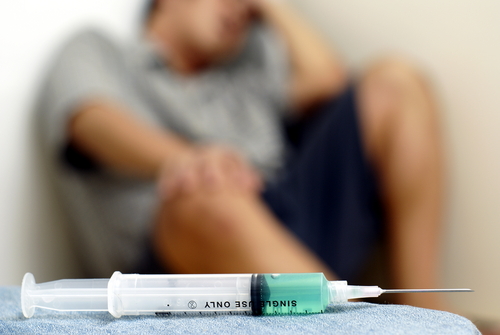Written by Lizzie Weakley, a freelance writer from Columbus, Ohio.
With the unprecedented rise of opium addiction, you are probably seeing more patients with serious addiction issues who need medical help. Some are living basically functional lives, but their drug use is threatening to get out of control. Other users are hooked on heroin and have become unable to care for themselves, possibly facing overdose or death if they cannot stop using this destructive drug. The following strategies may be able to help heroin-addicted patients.
Cognitive Therapy
People who are addicted to a strong substance like heroin often benefit from cognitive therapy, or professional counseling. This approach assists patients in addressing core issues that may be causes or triggers for the addiction, such as a troubled childhood, mental health problems, or contributory circumstances like finances or dysfunctional relationships. Dealing with root causes can often help an addict to bring heroin use under control.
Detox Heroin Treatment
Heroin is both physically and mentally addictive. Used consistently, it disrupts normal life and puts someone on the path to destruction. Many addiction specialists recommend detox heroin treatment to completely clear the drug from both the body and the mind, and enable the person to regain normal function of both. There are both in-house and outpatient options, depending on the level of addiction the patient is struggling with, as well as lifestyle responsibilities like a job and family. Completing a detox heroin treatment program is often the first step toward a successful recovery.
Community Support Group
Heroin addiction recovery can also be reinforced by joining a community support group. The group is typically led by a professional therapist or a successfully recovered person with some level of education or training. Group members help each other by providing accountability, sharing encouragement, and reinforcing a recovery lifestyle. Support groups meet at different times, sometimes daily or weekly. Consistent attendance has been shown to be an effective tool in achieving and maintaining recovery. You can have information for support groups in your office, facilitate the meeting places for such places, or run them, if you have the required training.
Medical Referral
Some addicts are dealing with a number of physical or mental ailments, which may be contributing to the heroin addiction. If you are a general practitioner, you may need to refer your patient to a specialist who can treat the auxiliary problems that are debilitating the patient, along with facilitating heroin addiction recovery. Keeping pamphlets around the office and having the information on hand for patients who talk to you about their addiction is a good place to start.
Although heroin addiction is highly destructive, it can be effectively treated. Give your patients the tools they need to be able to treat their addiction at the root level in order for recovery to be successful. Teaming up with other doctors, therapists, and health care providers in your area can enable you to help patients who suffer from addiction, even if such treatment is outside of your expertise. Just by giving patients the information they need, by incorporating some of the above methods, or even just facilitating them, you can help save the lives of those under your care.
Please also review AIHCP’s Substance Abuse Practitioner Program and see if it matches your academic and professional goals. The program in online and independent study and open to qualified professionals.

